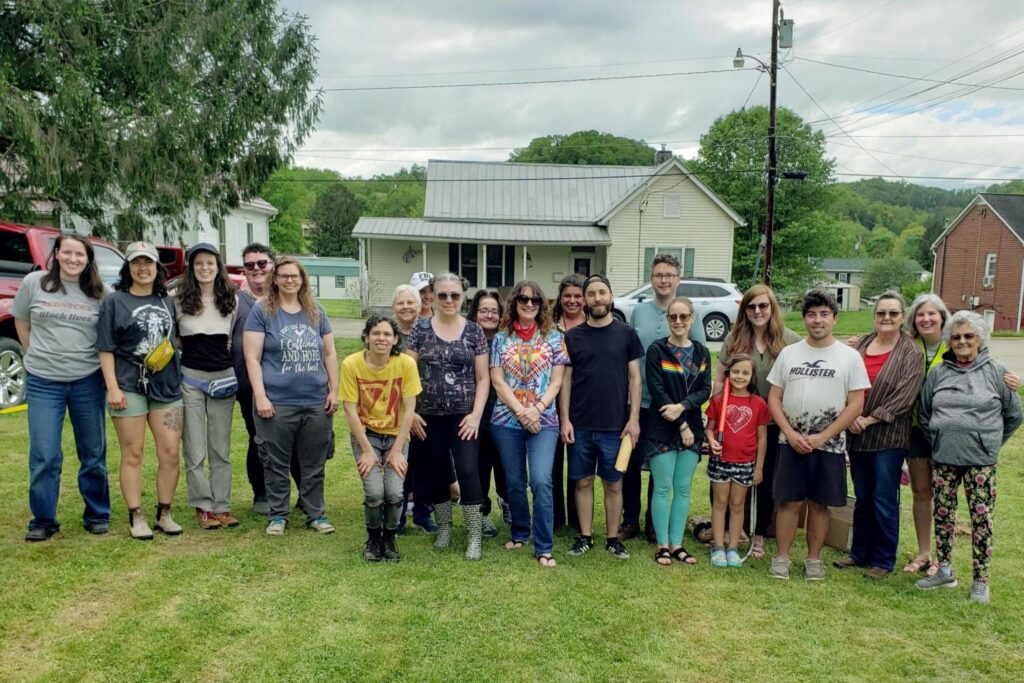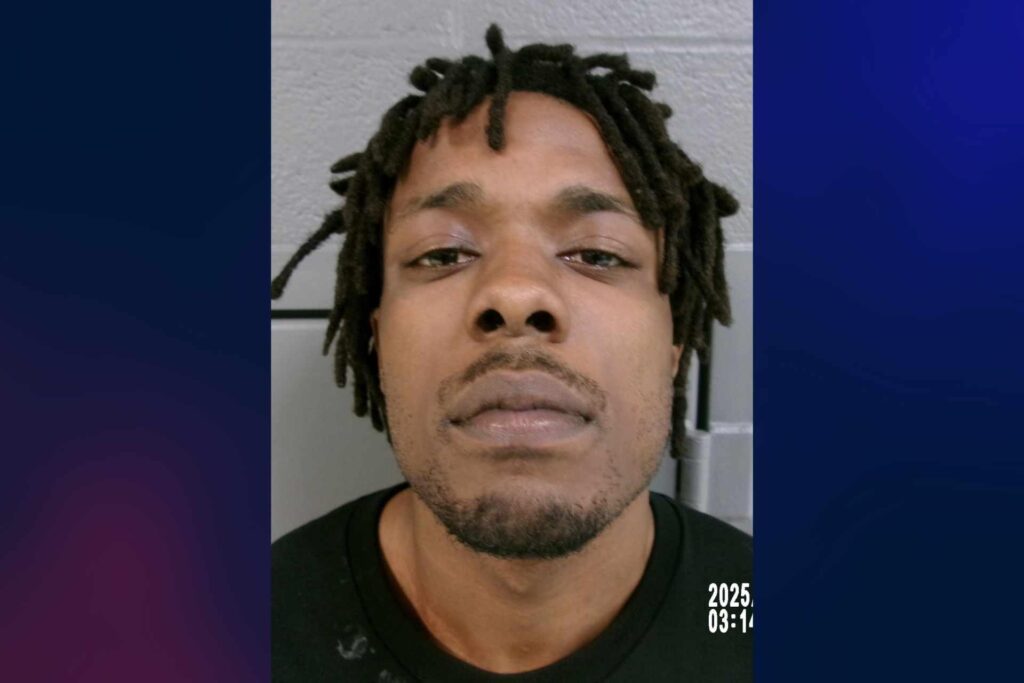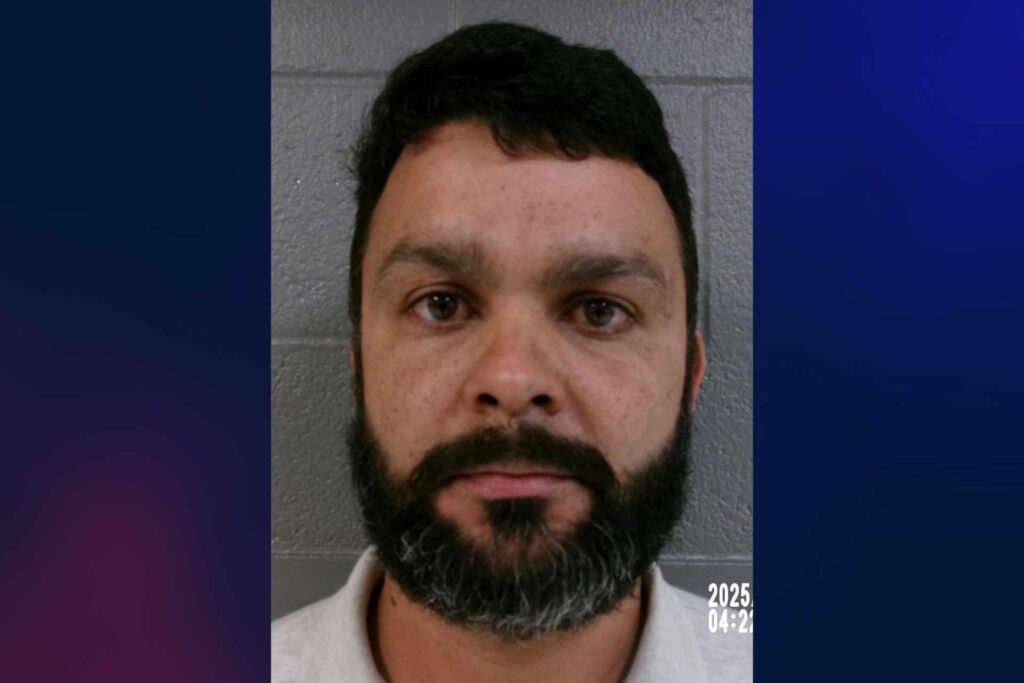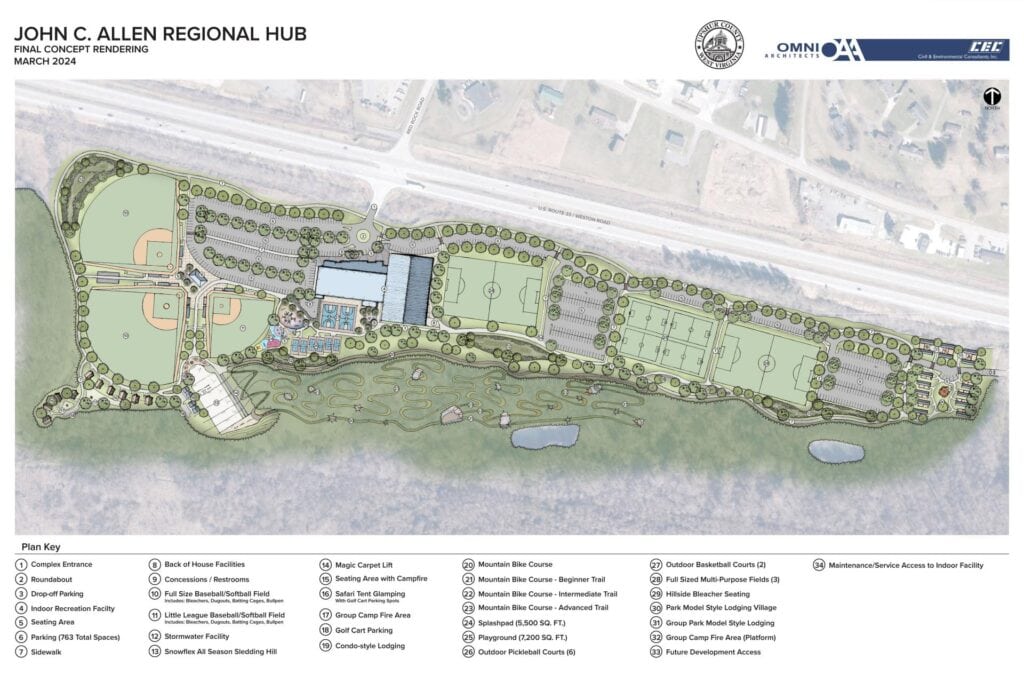CHARLESTON — The West Virginia Governor’s Highway Safety Program (GHSP) reminds drivers to slow down and obey the speed limit ahead of a statewide high visibility enforcement (HVE) period that began with a kickoff enforcement event on July 15 from 4:00 p.m. to 8:00 p.m., to be conducted by local law enforcement agencies.
The targeted enforcement will continue through July 31.
These statewide efforts are being held prior to a national enforcement push in late July through mid-August by the U.S. Department of Transportation’s National Highway Traffic Safety Administration (NHTSA) to remind drivers to stop speeding.
In 2020, more than one quarter of all crash fatalities were speeding-related, and there was a dramatic increase (17%) in speeding-related crash fatalities from 2019-2020. Even advancements in vehicle safety and passenger protection cannot keep people safe from the dangers of speeding.
The past few years have seen an increase in risk-taking and careless driving. No matter how advanced you think your driving skills may be, speeding is dangerous. Obeying posted speed limits keep drivers and passengers safe — and they aren’t suggestions.
According to NHTSA, local roads are more dangerous than highways for speeders: In 2020, 87% of all speeding-related traffic fatalities on American roads occurred on non-interstate roadways.
“During the past two years with shutdowns due to the COVID-19 pandemic and the slow return to normal traffic volume, one of the most startling trends we have seen is an increase in speeding,” said GHSP Director Bob Tipton.
“We had numerous reports of motorists driving at speeds well over the posted speed limit—at many times, drivers were traveling at dangerously high speeds. The data tells us that when drivers are traveling at higher speeds, the harder it is to stop or make sudden changes due to traffic, road conditions, animals crossing the road, and other factors,” Tipton continued.
“We are asking you to slow down — in town limits, your neighborhoods, on your local county roads, you need to always obey the posted speed limit,” said Tipton. “We see people speeding every day, especially young men. If you’re killed in a crash, or kill someone else, that’s it. Life is not a game — unlike a video game, there’s no second chance.”
In 2020, there were 11,258 people killed in speeding-related crashes nationwide, accounting for 29% of all fatal crashes in the United States. Much like impaired driving, speeding is a selfish choice that can have deadly consequences for the driver, vehicle passengers, and other road users, like pedestrians, cyclists, and motorcycle riders.
Speeding reduces a driver’s ability to steer safely around another vehicle, a hazardous object, or an unexpected curve. A speeding driver also affects stopping distances: As speed increases, so do the odds of a vehicle crash. Even the safest cars with the newest technologies are limited in how much they can help reduce the odds of a crash.
“The effects of speeding are deadly,” said Tipton. “Drivers in West Virginia need to be aware of this campaign and their speed. Not only is speeding illegal, it’s dangerous for all road users: other drivers, motorcyclists, bicyclists, and pedestrians.”
Young people and motorcyclists are especially susceptible to high speeds, and young people represent the largest demographic involved in speeding-related vehicle crashes. In 2020, 27% of male drivers ages 18-44 and 16% of female drivers ages 18-44 involved in fatal crashes in 2020 were speeding.
Alcohol and weather also increase the likelihood of a crash while speeding. In 2020, 37% of the drivers involved in fatal crashes were speeding and had a blood alcohol concentration of .08 or higher, compared to 17% of non-speeding drivers. And the chances of a vehicle crash on wet roads increases drastically when a driver is speeding.
“Our mission is to save lives, prevent injuries, and reduce crashes. We’re putting all drivers and motorcyclists on alert—the posted speed limit is the law. No excuses. Stop speeding,” concluded Tipton.
Learn more about the dangers of speeding at www.nhtsa.gov/risky-driving/speeding. For more information about the West Virginia Governor’s Highway Safety Program, visit highwaysafety.wv.gov or call 304-926-2509.














